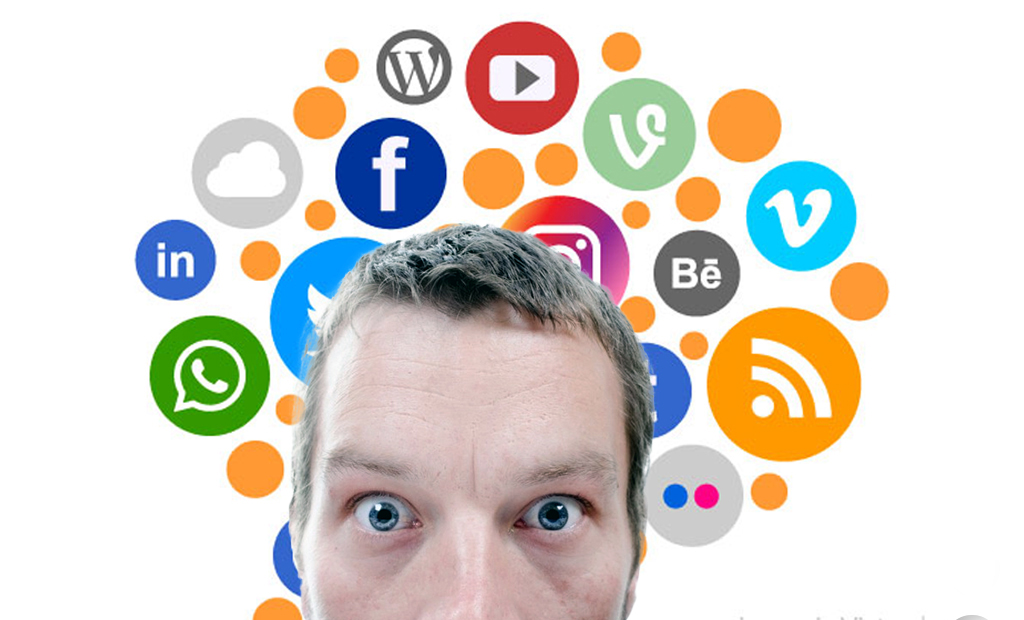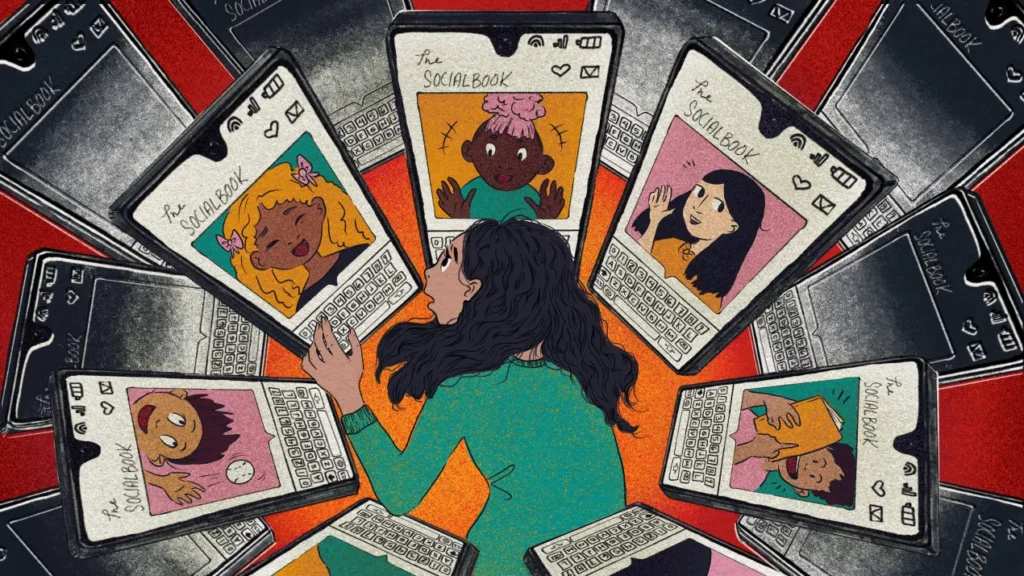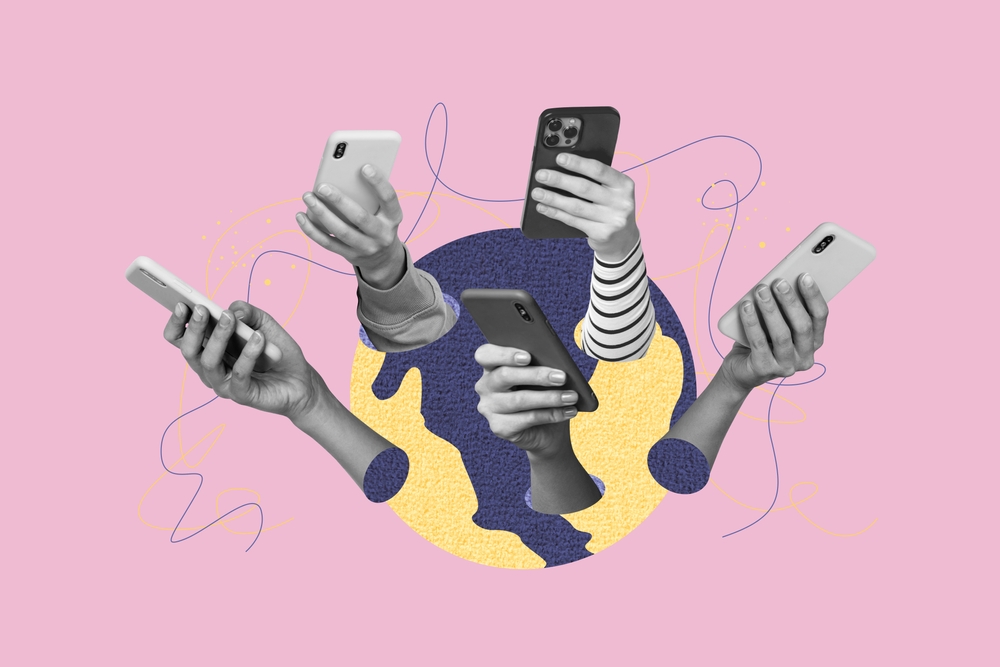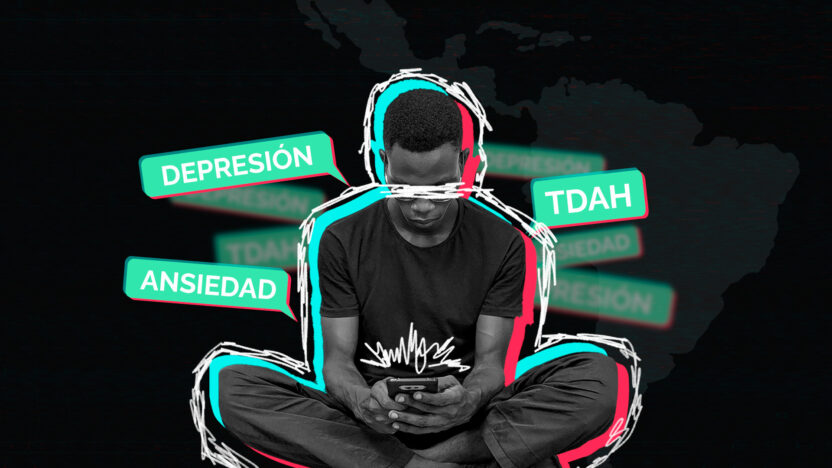In today’s digital era, social media platforms have become both a blessing and a curse when discussing mental health. While these platforms offer opportunities to spread awareness and provide support, they can also fuel dangerous misconceptions. Many individuals inadvertently commit significant errors when sharing opinions and personal stories about mental health. This article explores six critical mistakes commonly made in digital dialogues, highlights where well-intentioned efforts can go wrong, and offers practical advice for more responsible and empathetic communication. Updated for 2023, this article guides readers toward conversations that are both thoughtful and corrective.

Understanding the Complexity of Mental Health on Social Media
Social media provides a vast digital stage where people share personal stories, opinions, and experiences related to mental health. However, when these narratives are not supported by solid evidence or a nuanced understanding, even seemingly simple posts can cause more harm than benefit. In this section, we examine why the subject demands detailed attention and sensitivity, and we explore the dynamics of information exchange on various platforms.
Over the years, the conversation around mental health has evolved dramatically. Whereas in the past these discussions were limited to support groups and private settings, today platforms like Twitter, Facebook, and Instagram can shift public sentiment almost instantly. The rapid spread of misinformation and oversimplified opinions can unintentionally cause harm. Here, we discuss the key elements that make mental health a complex subject and the responsibilities inherent in discussing it online.
By understanding the mix of media influence, personal bias, and the need for immediate reaction, we can better appreciate the challenges of discussing mental health on social media. This background sets the stage for a detailed examination of common mistakes that contribute to harmful communication. For more in-depth information, consider consulting sources such as the National Institute of Mental Health or the World Health Organization.
Mistake #1: Oversimplifying Complex Issues
One of the most common mistakes in online discussions about mental health is oversimplifying complex issues. Reducing multifaceted psychological challenges to catchy slogans or memes often misses the true depth of the subject matter. This oversimplification not only diminishes the seriousness of those affected but also reinforces stereotypes that can be both damaging and misleading.
Trying to transform complex emotions into easily digestible content may capture attention briefly, yet it often leads to a shallow understanding of mental health. For example, stating that ‘everyone just needs to be positive’ ignores the clinical difficulties that require professional treatment. Such oversimplification misguides both the speaker and the audience.

To avoid this pitfall, it is important to step back and consider the broader context of mental health challenges. Recognizing the variability in individual experiences and scientific insights is crucial. Practical steps include consulting expert sources and adding disclaimers to acknowledge the complexity of mental health when posting online.
Mistake #2: Spreading Unverified Information
Another major error is the inadvertent spread of unverified or outdated mental health information. The fast-paced nature of social media makes it easy to share content without double-checking its accuracy. However, this practice can lead to the spread of myths and incorrect ideas that worsen the stigma surrounding mental health.
In our digital age, anyone can publish content without proper accountability. When influential figures or casual users share information without evidence or proper citation, it creates a dangerous ripple effect. It is crucial to verify facts before sharing. Not everything that appears attractive online is reliable, especially in mental health discussions.
Linking to reputable sources such as peer-reviewed journals and official health organization websites enriches the conversation by ensuring the information is accurate. These steps help build a trustworthy and respectful dialogue on mental health.
Steps to Verify Credibility
Before sharing mental health data or advice, cross-reference the information with trusted sources such as academic articles, official health publications, or statements from certified professionals.
Utilize fact-checking websites and consult experts whenever uncertainty arises. This practice helps avoid the accidental spread of harmful stereotypes or inaccuracies.

The Consequences of Misinformation
Misinformation may lead to misdiagnosis or delay in seeking proper treatment for those struggling with mental health issues. The ripple effects of inaccurate information can harm not only individuals but also their families and communities.
Promoting verified data builds a healthier narrative and fosters responsibility in how mental health is discussed online.
Mistake #3: Ignoring the Diverse Experiences of Individuals
Mental health does not affect everyone in the same way, and one of the most critical mistakes on social media is generalizing individual experiences. Each person’s journey with mental health is unique, influenced by culture, upbringing, and personal history. Ignoring this diversity marginalizes voices and promotes a ‘one-size-fits-all’ narrative that may not resonate with those most in need of help.
When we condense complex experiences into generic statements, we risk erasing the unique struggles faced by many. It is essential to recognize that mental health is a personal journey, and what benefits one person may not work for another. Tailoring conversations and encouraging the sharing of personal contexts can deepen public understanding and foster a more inclusive online environment.
Acknowledging diversity in mental health experiences not only builds a stronger community but also provides a richer pool of ideas for support. For example, posts that respect cultural differences in understanding mental health validate the experiences of many who feel overlooked by generalized advice.
Understanding Different Perspectives
Listen attentively to voices from diverse backgrounds to gain insights about unique challenges and successes in mental health journeys.
Empathy and active engagement with varied stories can transform our digital approach to health and wellness.
How to Foster Inclusivity Online

Promote a culture where every personal story is valued without pressure to conform to mainstream narratives.
Include trigger warnings and advise consulting professionals when necessary to create a safe space for sharing.
Strategies for Accurate and Compassionate Dialogue
To move beyond common pitfalls, it is essential to adopt strategies that improve the quality of online conversations about mental health. By carefully choosing our words and ensuring shared content is evidence-based, we contribute to a more responsible and supportive social media environment.
Effective practices include continuous education on mental health, cultivating empathy, and verifying all information against reliable sources. Responsible dialogue is built on verification, compassion, and a commitment to ongoing learning. These approaches not only debunk harmful myths but also lay the groundwork for a healthier narrative online.
Communities should encourage open discussions where differing viewpoints are shared respectfully. Hosting guest posts by mental health professionals, organizing live Q&A sessions, and using hashtags linked to verified campaigns are just some ways to create a more informed online space. Every digital interaction becomes an opportunity to learn, support, and raise awareness rather than reinforce damaging stigmas.
Mistake #4: Overgeneralizing Mental Health Advice
Another critical error in mental health discussions is overgeneralizing advice. Claiming that one solution fits all dismisses the unique challenges each individual faces. Overgeneralized advice often stems from personal anecdotes or limited experiences that are mistakenly promoted as universal solutions.
Such generalized advice can lead individuals to adopt practices that may not suit their personal needs, potentially delaying more effective professional help. Blanket statements overlook the multiple dimensions involved in mental health treatment and recovery. It is crucial to remember that mental health strategies should be tailored and flexible to address a range of challenges.

For example, suggesting to simply ‘get more sleep’ might benefit someone experiencing mild stress but is insufficient for someone dealing with clinical depression. Emphasizing the need for professional consultation can help mitigate the risks associated with overgeneralized advice, ensuring that online guidance is both ethical and practical.
Why Specificity Matters
Every mental health journey is unique and requires a specific, tailored approach that acknowledges individual complexities.
By emphasizing personalized advice, we create an environment where customized treatment is both respected and encouraged.
Steps to Offer Better Guidance
Encourage self-reflection and professional advice instead of relying solely on generic self-help tips.
Highlight the importance of individualized treatment plans and advise those in distress to seek direct help from professionals.
Mistake #5: Neglecting Privacy and Sensitivity
Neglecting privacy and sensitivity when discussing mental health is a serious mistake. Users may unintentionally share personal or sensitive information without considering the emotional impact, potentially exposing themselves or others.
Disregarding privacy can result in breaches of confidentiality or public shaming, discouraging people from discussing personal challenges. Maintaining a respectful distance between personal experience and public discourse is key to preserving dignity and mental well-being.
Additionally, posting sensitive images or details without explicit consent can lead to further stigmatization. It is vital to create an environment where individuals feel secure to share their stories without fear of exploitation or judgment. Social media should serve as a platform for healing, not sensationalism.

Mistake #6: Failing to Foster Constructive Engagement
The final mistake addressed in this article is the failure to foster constructive engagement during mental health discussions. Social media often becomes a battleground for polarizing opinions and echo-chambers, stifling genuine, empathetic discourse.
A lack of empathy and open-mindedness can alienate those who are already vulnerable. Instead of encouraging growth, harmful exchanges may reinforce stigma and perpetuate misunderstandings. It is essential to promote respectful debate and appreciate different perspectives to nurture healthy mental health discussions.
Establishing norms for respectful conversation, such as active listening and compassionate responses, can greatly transform discussions. Encouraging thoughtful comment moderation and setting community guidelines are crucial steps in ensuring digital interactions build support and understanding rather than division.
Strategies for a Responsible Social Media Landscape
Building on our identification of critical mistakes, it is important to offer strategies that pave the way for a more responsible, accurate, and inclusive dialogue about mental health on social media. We now transition to actionable recommendations to equip users with practical tools for improved online interactions.
Start by prioritizing thorough research and verifying every piece of information before sharing. By leveraging trusted sources and expert opinions, we can replace sensationalism with evidence-based insight. The goal is to combine empathy with accuracy so that every interaction contributes to better mental health awareness.
Community leaders and influencers have a responsibility to model thoughtful communication. By establishing networks of support and engaging in peer education, they can reach broader audiences and foster dialogues that are both informative and healing. Collaborative efforts with mental health organizations and regular community discussions are essential for reinforcing responsible online communication.
Actionable Tips for Users
Participate regularly in virtual workshops and webinars hosted by mental health professionals to stay updated on current research and best practices.
Engage in peer-to-peer support groups online where experiences are shared with an emphasis on verified information and empathetic communication.

Role of Influencers and Community Leaders
Influencers should verify information before posting and encourage their followers to critically assess the content they encounter.
By actively promoting inclusive and scientifically based discussions, community leaders can set new standards for responsible social media engagement.
Content Additional
Further elaborating on the themes discussed, it is important to emphasize that our digital engagements have far-reaching consequences. Social media is not merely a repository of information; it is a dynamic ecosystem where opinions can build, collapse, or even help heal. The intersection of mental health and digital communication demands a delicate balance between sharing personal experiences and protecting vulnerable audiences.
Recent surveys and academic studies show that improved digital literacy and empathy training can significantly reduce the risk of unintentional harm. Mental health campaigns focused on responsible communication have achieved higher trust and engagement. Academic research supports that bridging factual accuracy with compassionate expression leads to positive mental health outcomes among audiences.
Looking ahead, the challenge is to turn these insights into everyday practices that benefit both individuals and our digital communities. As social media continues to shape societal attitudes, equipping ourselves with the tools for better communication is more critical than ever. Remember that every share, comment, and reaction has the potential to influence real lives. By striving for responsibility and empathy, our online discourse on mental health can evolve from a source of controversy to a platform for healing and progress.
Discussing mental health online requires a careful, informed approach that prioritizes compassion and factual accuracy. In the era of social media, it is essential to combat misinformation and reduce stigma by choosing mindful communication. Avoiding oversimplification, verifying sources, recognizing diverse perspectives, and practicing empathy not only enhance our conversations but also empower those who are struggling. In a time when mental health is more visible than ever, adopting these strategies can pave the way for a safer and more supportive online experience. Every comment and post has the power to mitigate myths or foster understanding. As we continue learning and evolving, our online actions play a crucial role in shaping the future landscape of mental health.




